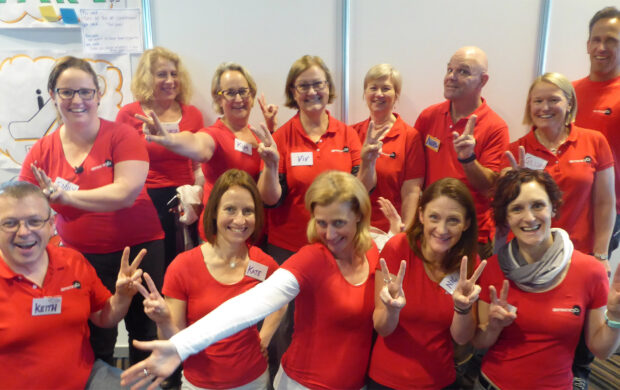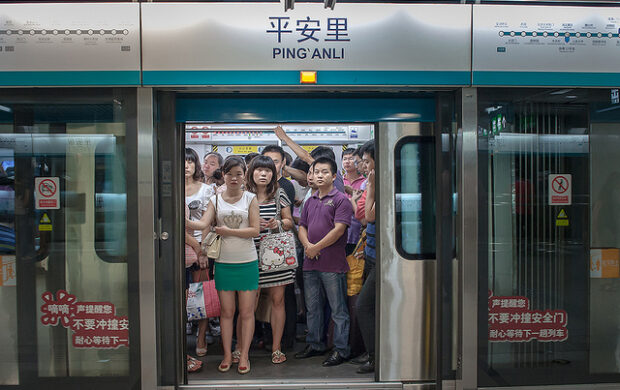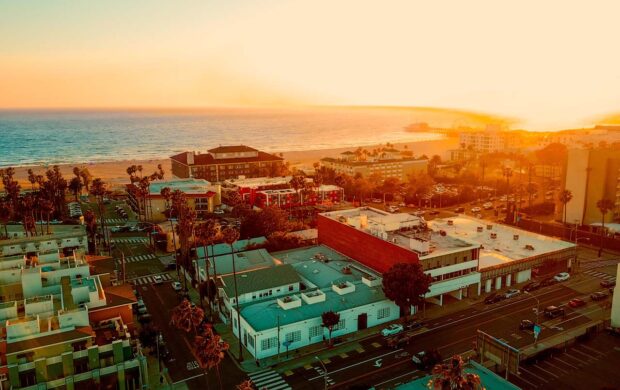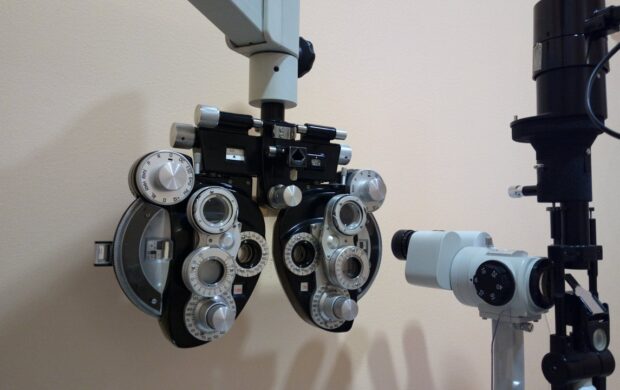The challenges facing societies, economies and nations are growing more complex exponentially. The capacities of communities, businesses and governments to respond are also growing more sophisticated, but at best only in a linear fashion. Our responses need to be much more collaborative, harnessing the strengths of all sectors and stakeholders to deal with increasingly turbulent and unpredictable environments. Such governance does not remove the need for governments and strong, efficient public sectors; instead, it allows us to harness a wider range of actors in response to more demanding problems, activating what the American political scientist Clay Shirky would term a greater “cognitive surplus”.
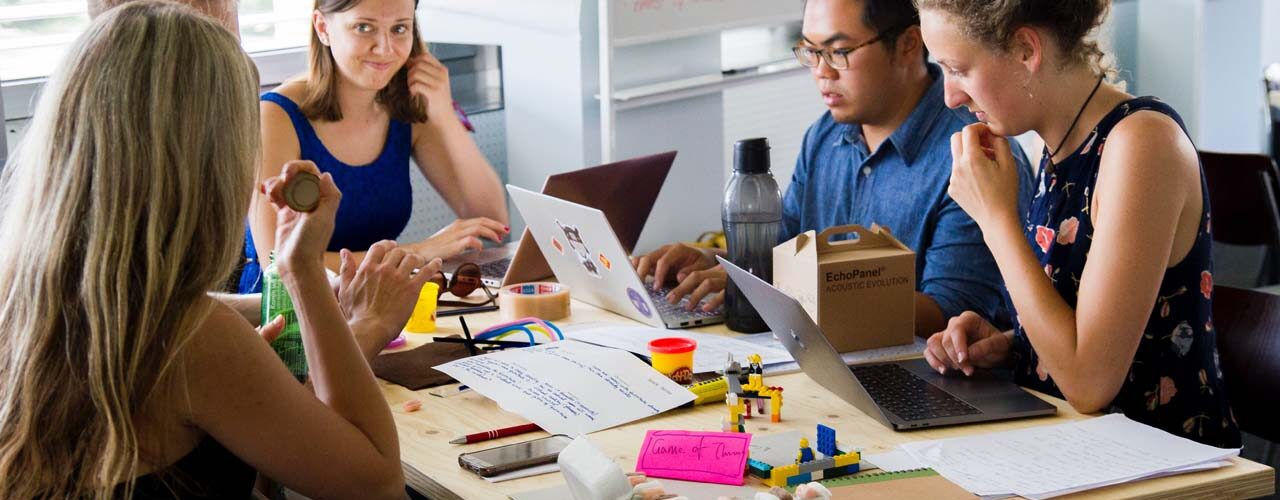
Here are five signals of emerging approaches that show how more of us can become governors of our own future societies:
Signal #1 – Collaborative governance in Singapore
One important response is for governments to involve all stakeholders, including citizens, in policymaking. Where possible, this should include the discussion and generation of options, not just “feedback” after policy decisions have been made. The tempo for such collaborative policymaking in Singapore intensified during and after Our Singapore Conversation (2012), and the most recent example is a 75-person Citizen Jury, set up to generate ideas on how to tackle the long-term challenge of diabetes.
Singapore government sets up 75-member Citizens’ Jury to crowdsource ideas for war on diabetes
Govt sets up 75-member Citizens’ Jury to crowdsource ideas for war on diabetes SINGAPORE – To pick the public’s brain on how to fight diabetes, a national Citizens’ Jury has been convened by the Ministry of Health (MOH) for the first time.
Signal #2 – Citizen juries in South Australia
Lest we think that collaborative governance works only on “soft” policy issues, this example from Adelaide shows that it can apply to hard economic and security issues too. Two Citizen Jury processes in 2016 considered the question of how, and under what circumstances (if any), South Australia might pursue the opportunity to store and dispose of nuclear waste from other countries.
Signal #3 – The Dubai Future Foundation
The easy stereotype is that collaborative governance happens best when there is a strong tradition of democratic discussion, and what Alexis de Toqueville called “associational” instincts. But the example of the Dubai Future Foundation suggests otherwise. It was set up with strong political backing, to play “a pivotal role in shaping the future of Dubai”. It involves key strategic sectors, in cooperation with government and private sector entities.
The Dubai Future Foundation is set to play “a pivotal role in shaping the future of Dubai”
Dubai Future Foundation – Welcome To The Future Launched by His Highness Sheikh Mohammed bin Rashid Al Maktoum, Vice President and Prime Minister of the UAE and Ruler of Dubai, the Museum will become a unique incubator for futuristic innovations and designs.
Signal #4 – Collaboration and deliberation on Brexit
One might legitimately wonder if all sectors of society are willing to engage in such collaborative governance, especially when communities and groups within them are so polarized in a post-Brexit world where norms of civil discussion are under challenge even in a mature democracy like the USA. This example from the UK, which deals with some of the thorniest issues around Brexit, suggests some cause for cautious optimism. This Citizens’ Assembly brought together citizens “to engage in detailed, reflective and informed discussions about what the UK’s post-Brexit relations with the European Union should be”.
Signal #5 – New Urban Mechanics in Boston
It would be easy to dismiss some of these signals as “No Action, Talk Only”, since many of the platforms do focus on discussion and deliberation. The Mayor’s Office of New Urban Mechanics in Boston (and its sister outfit in Philadelphia) suggest otherwise – describing itself as the city’s civic research and development team, the group pilots concrete actions and experiments that aim to improve the quality of life for Boston’s residents.
I’d love to hear about other signals on this important issue – whether they show a broadening or narrowing of participatory processes. Please let me know in the comments below if you have thoughts to share.
Liking our signal of change playlists? Get in touch with us if you would like to curate a playlist with your take on which five signals are most significant for a sustainable future. // Or hashtag #signalofchange to share what you’ve spotted on social media.

